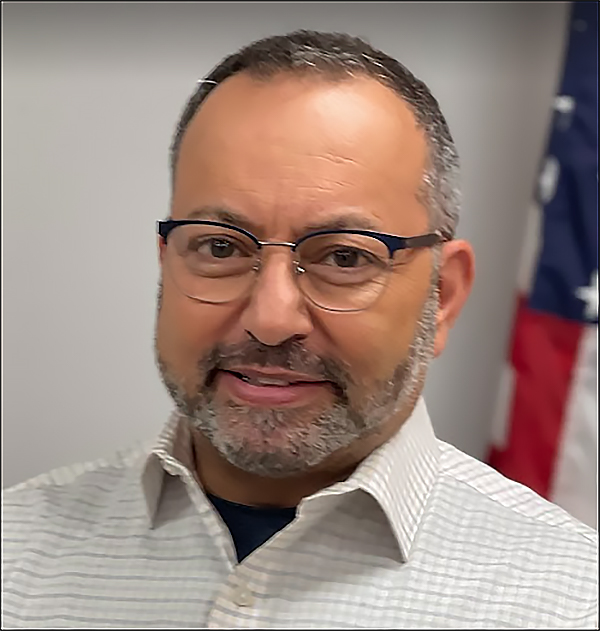It’s Time to Recognize Methadone as Life-Saving

As published in Huntington Now, October 4, 2024 Edition
Link to edition: https://huntingtonnow.com/op-ed-its-time-to-recognize-methadone-as-life-saving/
“It’s been too long.” “You’re just substituting one drug for another.” These are the things I hear regularly at the Suffolk Outpatient Treatment Program I oversee in Huntington. These words come from the worried voices of parents, spouses, and children concerned about their loved ones receiving methadone treatment. But with the opioid crisis still raging, it’s time to confront the myths about methadone and recognize it as a lifesaving tool.
In 2022 alone, there were more than 100,000 deaths from drug overdoses in the United States. In New York, someone dies from an overdose every 90 minutes. To put this in perspective, more New Yorkers died from overdoses in 2021 than from suicides, homicides, and car accidents combined. With statistics this stark, we cannot afford to ignore any form of treatment, especially methadone, which has been the gold standard for treating opioid use disorder since the 1960s.
Methadone works by reducing opioid cravings, alleviating withdrawal symptoms, and blocking the euphoric effects of other opioids. Research shows that methadone can reduce the risk of overdose death by more than 50%.
At Samaritan Daytop Village, we’ve been supporting people in recovery for over 60 years. We know there is no one-size-fits-all approach to treatment. Each person requires a personalized plan, which is why we offer a range of settings for support, including community-based outpatient and residential facilities. We also offer different types of treatment, including individual counseling, group sessions, and medication. Methadone plays a key role–along with Suboxone and Vivitrol–for many of our patients.
We were one of the first in the nation to integrate medication in residential services and we have expanded methadone access to all people who receive care in any of our residential programs, including in counties that historically had limited access to the medication, like Suffolk. With our decades of experience, we know methadone works, including in long-term use.
Some of the people we serve have successfully completed treatment in as little as a year, while others have been using methadone for over a decade, while leading fulfilling lives, working, raising families, and contributing to their communities.
While methadone is safe and effective, including in long-term use, only a small percentage of opioid users get the treatment they need. Many are deterred by unwarranted stigma attached to methadone use.
Critics often claim that methadone is just swapping one addiction for another, and that people using methadone are somehow still trapped by their substance use disorder. They also think it must be a short-term treatment. The fact is that methadone, when used as prescribed, is safe, effective, and carefully regulated by the federal Substance Abuse and Mental Health Services Administration (SAMHSA) and the Drug Enforcement Administration (DEA). Patients receive individualized care, with doses adjusted based on their needs and counseling required alongside the medication. The idea that methadone treatment promotes dependency is not only wrong but dangerous—it discourages people from accessing a life-saving treatment.
Methadone gives individuals the chance to live normal, productive lives. With the stability methadone provides, many people hold down jobs, repair relationships with loved ones, and secure stable housing. It allows people to avoid the high-risk behaviors associated with opioid use, promoting health, wellness, and long-term recovery.
Misguided concerns about methadone also spill over to the clinics that dispense methadone. Many people fear that these facilities bring crime or unhealthy conditions to their neighborhoods. However, these fears are unfounded. Methadone clinics are highly regulated, and their presence in a community provides a critical service—helping those in need get their lives back on track. With so many of our neighbors impacted by addiction we should not demonize places where they can get the care they need.
Opioid use disorder is a chronic, relapsing condition, but it is treatable. Methadone has been part of the solution for decades, and we owe it to those suffering from addiction to make sure they have access to it, if it is the right treatment for them. It’s time to destigmatize methadone and recognize it for what it truly is: a powerful tool in the fight against opioid addiction, giving people a second chance at life.
Dr. Robert M. Ibraham is the director of the Suffolk Outpatient Treatment Program at Samaritan Daytop Village, an outpatient substance use program offering a range of services to support long-term recovery.


